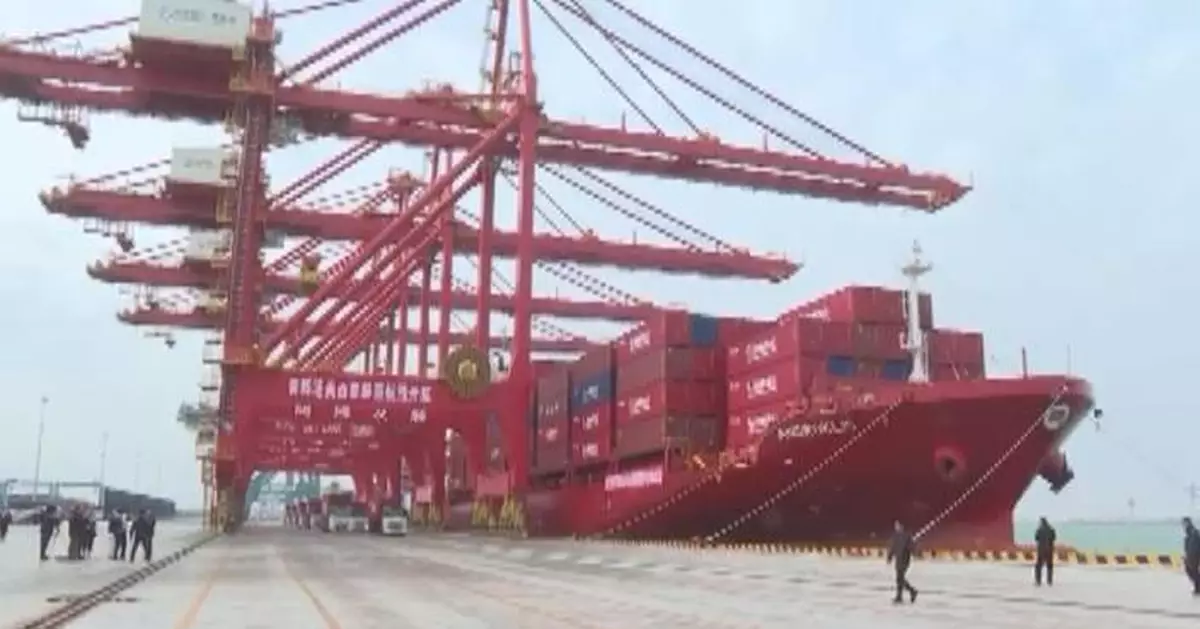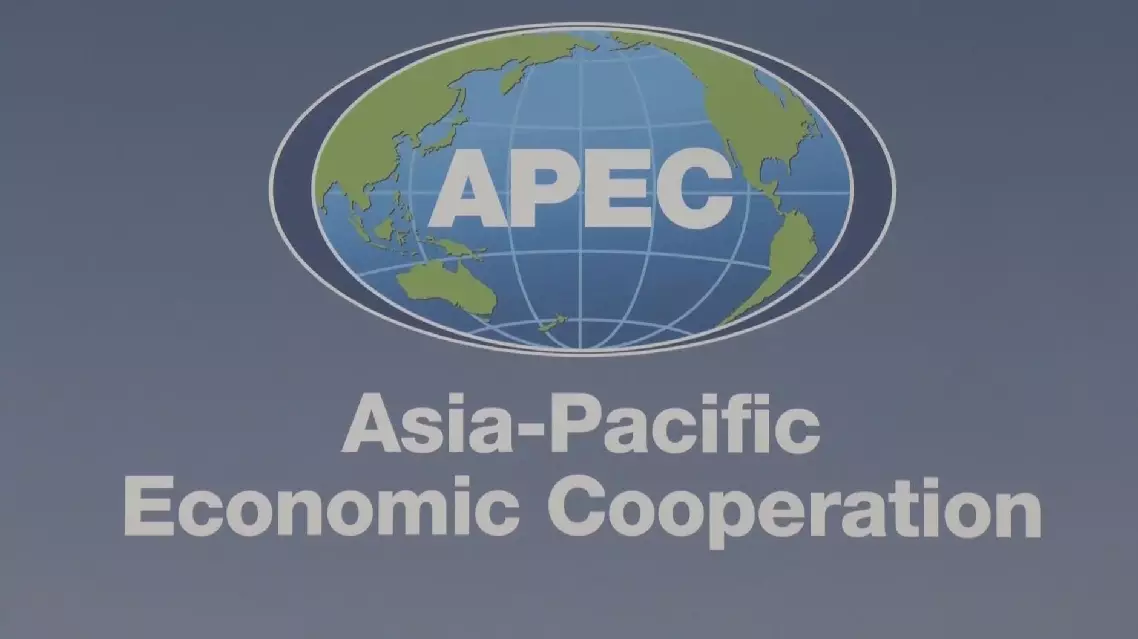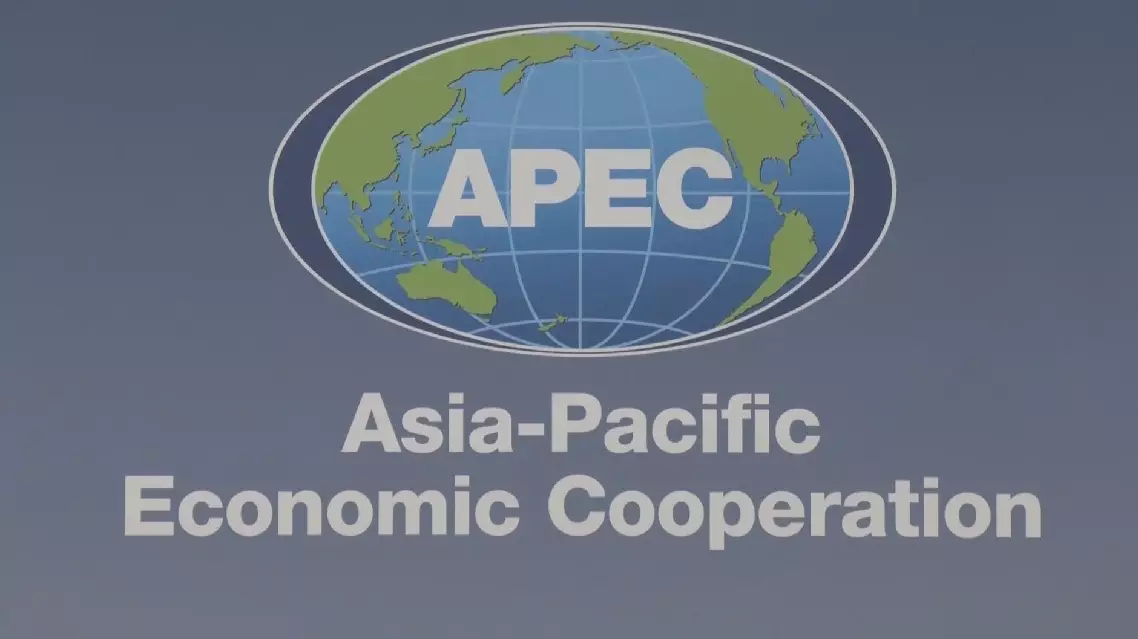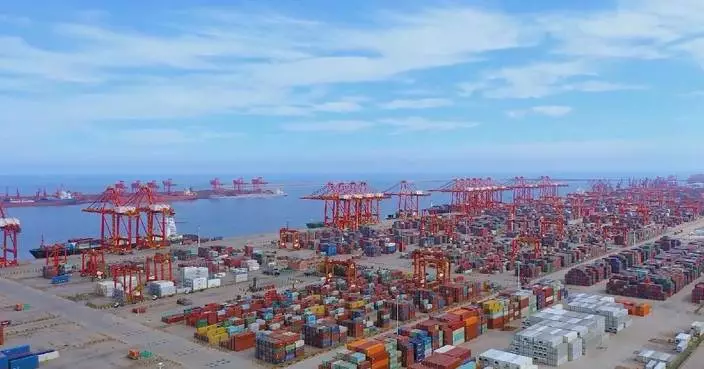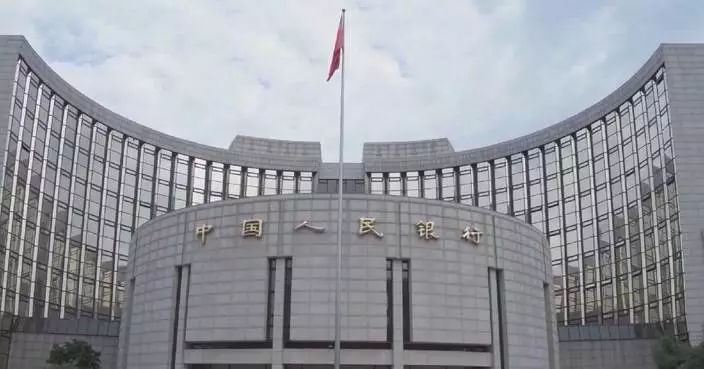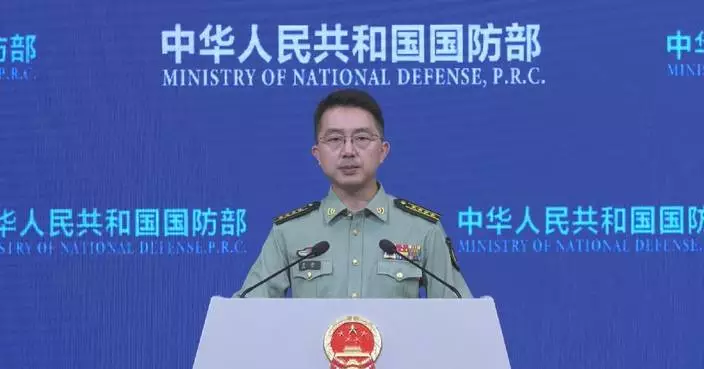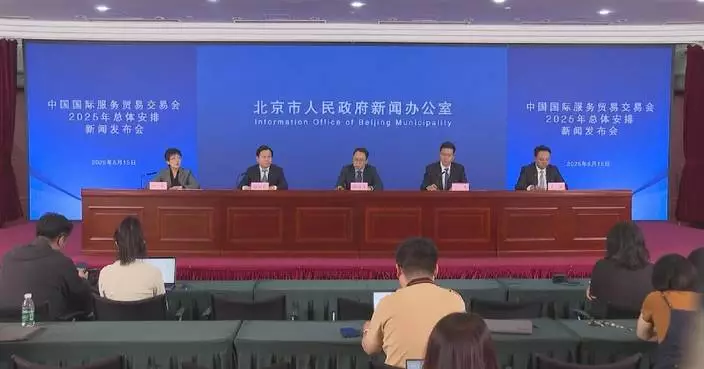A new express shipping route connecting north China's Hebei Province with the west coast of the United States has been launched, providing businesses in the Beijing-Tianjin-Hebei region with quicker and more efficient access to the U.S. market. The route now offers the fastest maritime corridor between the region and the U.S. after shortening shipping times by over a week, with the quickest delivery time for products from north China to the U.S. now expected to take just 16 days.
The operator, Hede International Shipping, plans to send one cargo ship per week from the Hunaghua port in the coastal city of Cangzhou. The vessel will first stop at the Port of Shanghai before making a direct voyage across the Pacific to the Port of Los Angeles.
"The new freight route is faster, and we can reduce the stock volume by a week. As for logistics, it significantly lowers the cost of land and maritime transportation, which is good news for cross-border e-commerce sellers in Hebei because they can save about 30 to 40 percent of the transportation costs. Factories can also benefit from the fixed shipping schedule. They can arrange production based on the schedule every week, and accordingly provide an accurate date of arrival to their U.S. clients," said Wang Bo, an international freight forwarder.
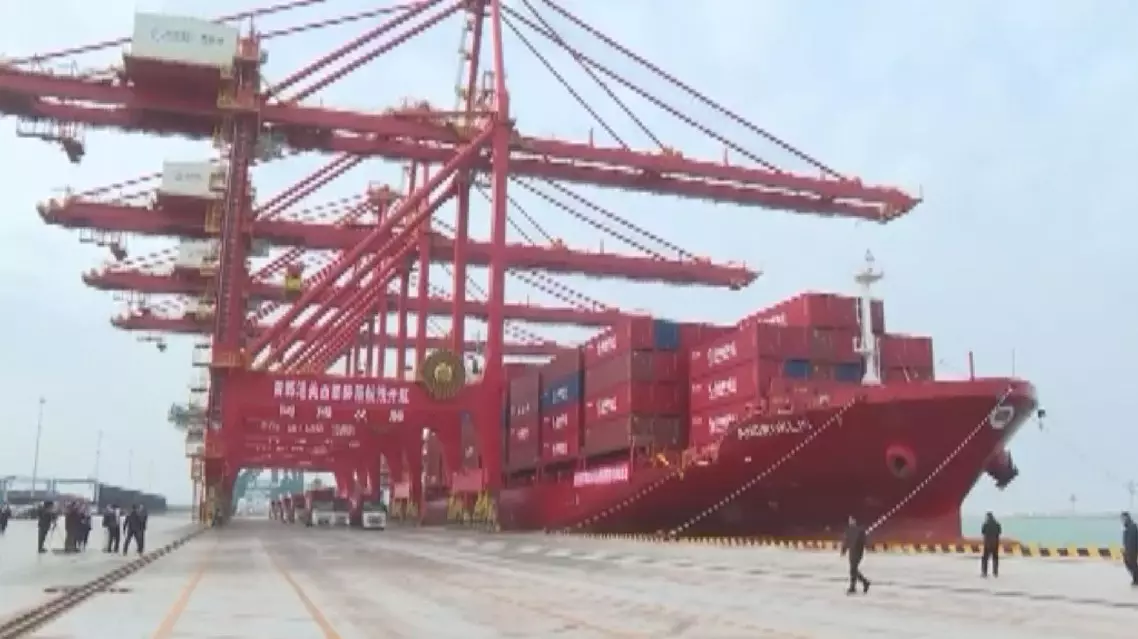
New shipping route links northern China to US West Coast


